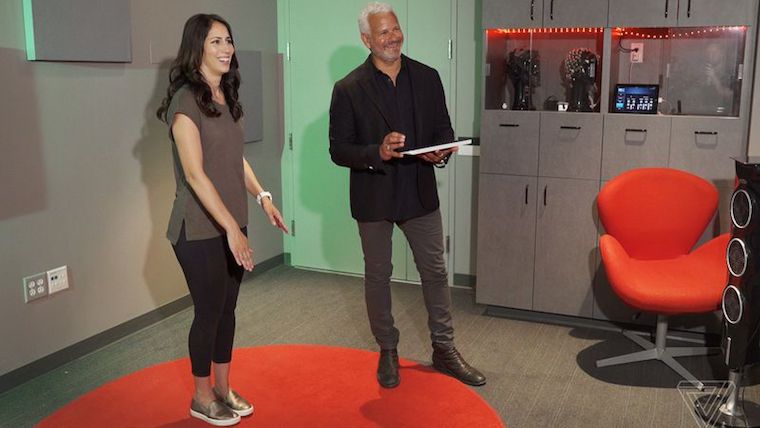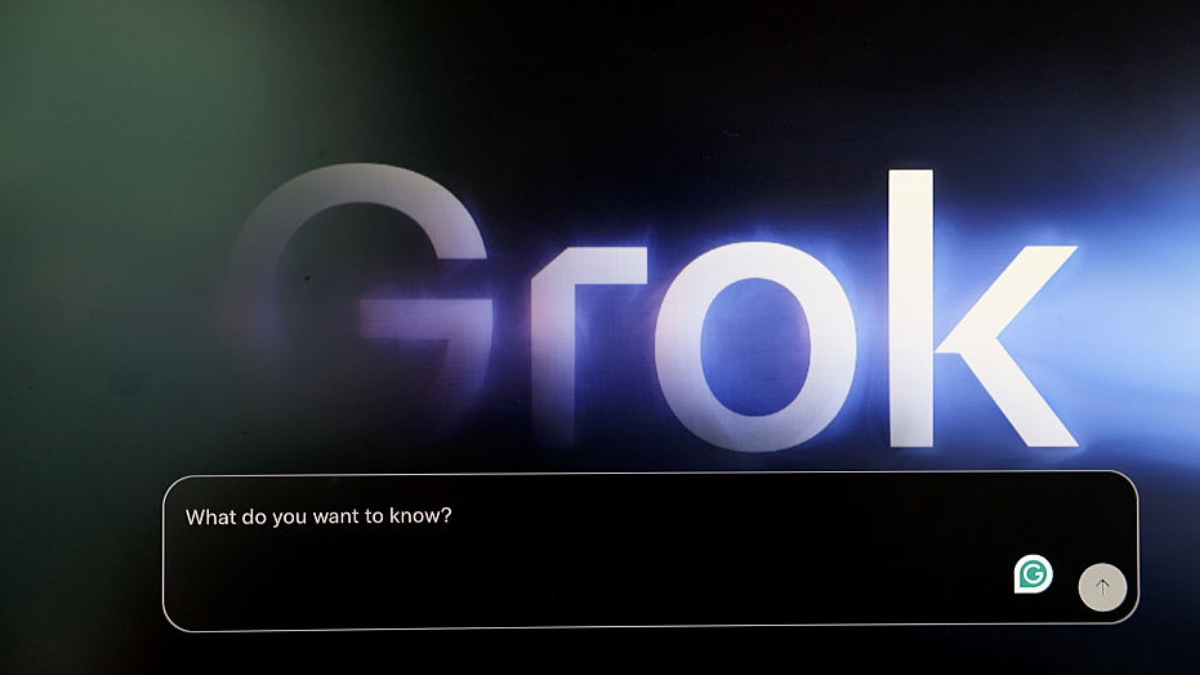The Verge recently posted an article about video games created for “brain-training,” meaning that those games are meant to train specific areas of the brain to improve overall cognitive function. The whole concept of brain-training has been a controversial topic, seeing as there have been debates in the medical community as to whether it is a potentially legitimate practice or not. The Verge states that in 2014, a group of scientists published an open letter stating that there’s “very little evidence” that training one area of the brain could improve general cognitive function. Not long after, a different group of scientists published a rebuttal that read, “[a] substantial and growing body of evidence shows that certain cognitive-training regimens can significantly improve cognitive function.”
Lately, a company called Akili has been using technology developed by the University of California, San Francisco’s Neuroscape lab to create a video game called Project: EVO. The purpose of Project: EVO is to brain-train people diagnosed with ADHD (Attention-Deficit with Hyperactivity Disorder) in an attempt to treat the mental illness. Akili is hoping that the game will become the first prescription video game. They have even gone as far as to have the game go through all the trials and tests required of any prescription drug by the FDA. Currently, the game is in its phase III clinical trials, so it’s still too early to tell if it will be successful or not. This game is just one of several that UCSF’s Neuroscape lab is connected to, others of which focus on trying to treat other mental illnesses, such as autism, depression and Alzheimer’s, among others.











Published: Jul 25, 2017 01:16 pm